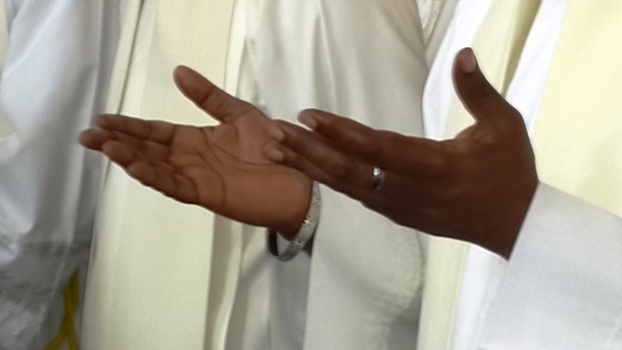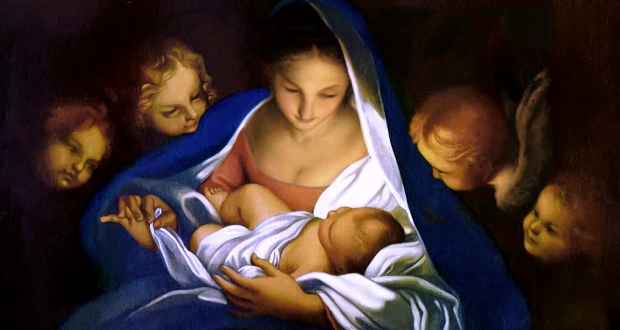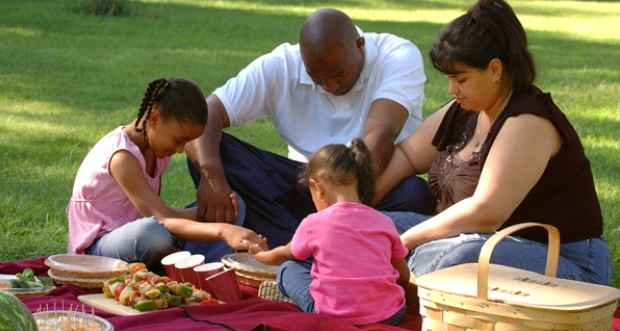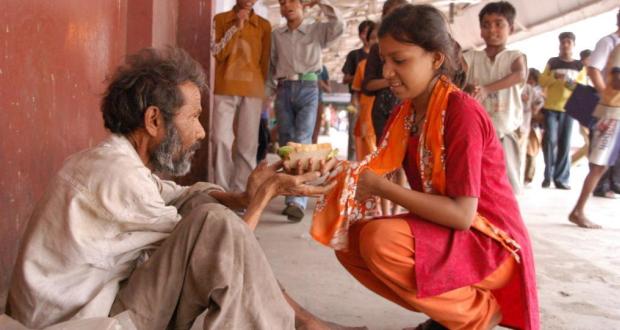What The Sacred Wounds Of The Risen Christ Teach Us

(By Fr. Dexter Brereton)
Don’t be afraid of your flaws. Acknowledge them, and you too can be the cause of beauty.
[simpleazon-image align=”left” asin=”1612788351″ locale=”us” height=”375″ src=”http://ecx.images-amazon.com/images/I/51s-KbsQW2L.jpg” width=”304″]One of the great temptations in early Christianity was the tendency to imagine that Jesus himself was a kind of ‘hologram’ who looked and spoke like a real human being but was no more than a projection. There was the tendency to imagine that the resurrection of Jesus the Christ was a return to a purely spiritual kind of existence and Jesus’ suffering was only a kind of playacting. All this was described by the name ‘docetism’ from the Greek ‘dokeo’ which means “to seem.” (It expressed the mistaken belief, shared by quite a few today, that Jesus only seemed to be human, he was God behind a thin coating of humanity).
Well this Sunday’s Gospel emphasizes the physical reality of the resurrected body of Jesus. The disciples are able to see and touch the body of Jesus and he is able to eat a meal of fish before their eyes. He says “a Ghost has no flesh and bones as you can see I have.” Then he showed them his (wounded) hands and his side.
It also makes the important theological point that the “wounds” of Christ are as important to who Jesus was for us as the rest of his marvelous life. This is particularly important for us who live in a broken world marked by sin and cruelty. We all have our ‘wounds’ or traumas that we have endured. One of the worst features of human suffering is the feeling that what we have endured is TOTALLY MEANINGLESS. God’s word today assures us that nothing could be further from the truth. These readings for Easter teach us that the resurrected Jesus is as wounded as we are. My wounds, your wounds are not simply stupid things that happened to us, not simply ridiculous failures. THEY ARE “SACRED” WOUNDS. In fact our “wounds” are important sources of wisdom for us. Here is a story about how our wounds or our flaws can be great sources of life.
A water bearer in India had two large pots, each hung on each end of a pole which he carried across his neck. One of the pots had a crack in it, and while the other pot was perfect and always delivered a full portion of water at the end of the long walk from the stream to the master’s house, the cracked pot arrived only half full. For a full two years this went on daily, with the bearer delivering only one and a half pots full of water in his master’s house. Of course, the perfect pot was proud of its accomplishments, perfect to the end for which it was made. But the poor cracked pot was ashamed of its own imperfection, and miserable that it was able to accomplish only half of what it had been made to do.
After two years of what it perceived to be a bitter failure, it spoke to the water bearer one day by the stream. “I am ashamed of myself, and I want to apologize to you.” “Why?” asked the bearer. “What are you ashamed of?” “I have been able, for these past two years, to deliver only half my load because this crack in my side causes water to leak out all the way back to your masters house. Because of my flaws, you have to do all of this work, and you don’t get full value from your efforts.” The pot said.
The water bearer felt sorry for the old cracked pot, and in his compassion he said, “As we return to the master’s house, I want you to notice the beautiful flowers along the path.”
Indeed, as they went up the hill, the old cracked pot took notice of the sun warming the beautiful wild flowers on the side of the path, and this cheered it some. But at the end of the trail, it still felt bad because it had leaked out half its load, and so again the Pot apologized to the bearer for its failure.
The bearer said to the pot, “Did you notice that there were flowers only on your side of your path, but not on the other pots side? That’s because I have always known about your flaw, and I took advantage of it. I planted flower seeds on your side of the path, and every day while we walk back from the stream, you’ve watered them. For two years I have been able to pick these beautiful flowers to decorate my masters table. Without you being just the way you are, he would not have this beauty to grace his house.”
Each of us have our own unique flaws. We re all cracked pots. Don’t be afraid of your flaws. Acknowledge them, and you too can be the cause of beauty. Know that in our weakness we find our strength.
In the final paragraph Jesus makes this point to his followers: “This is what I meant when I said, while I was still with you, that everything written about me in the Law of Moses, in the Prophets and in the Psalms, has to be fulfilled.’…so you see how it is written that the Christ would suffer and on the third day rise from the dead, and that, in his name, repentance for the forgiveness of sins would be preached to all the nations…” Jesus life is the key to understanding our own.
Prayer
Lord we thank you for our sacred wounds. Lord we remember those experiences of failure in a marriage relationship or at a job, we remember experiences of betrayal, through the infidelity of a spouse, or a close friend betraying a secret. We remember the experiences of being caught up in the grip of some weakness like alcohol or some other kind of drug. We thank you Lord for the experience of rescue, for drawing us out of these experiences, even if they leave their marks or their “wounds” on us. We thank you since these “wounds” we have endured give us a chance to help others and to be compassionate with all those in the world who are in need of consolation and help. Amen.






